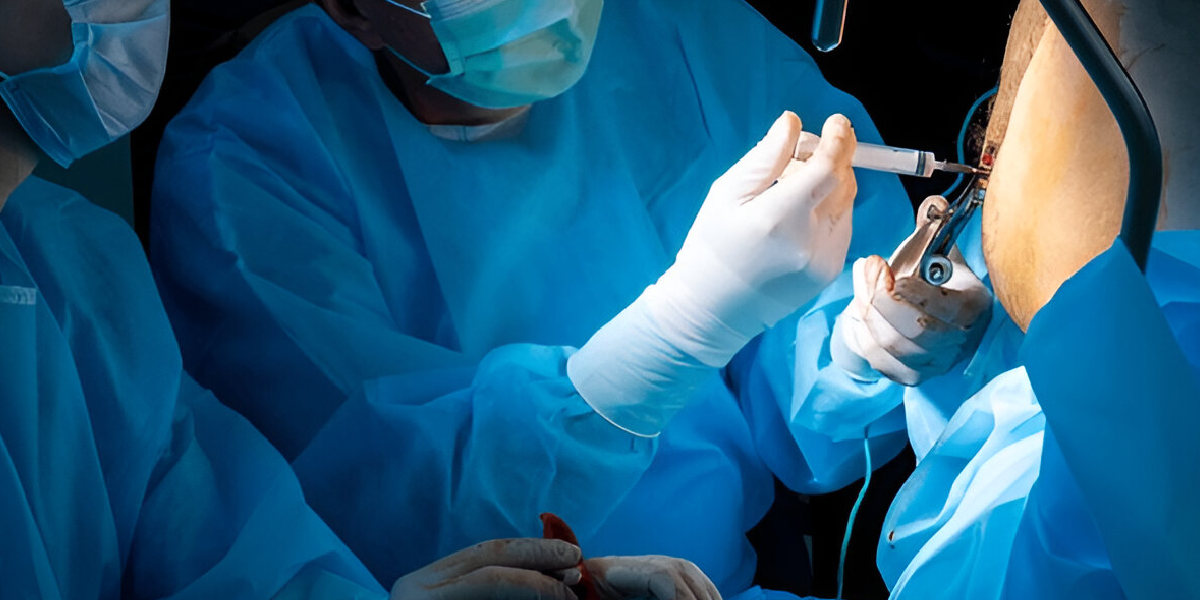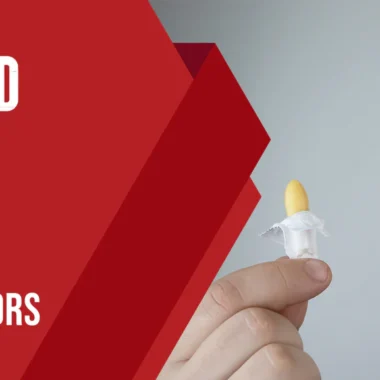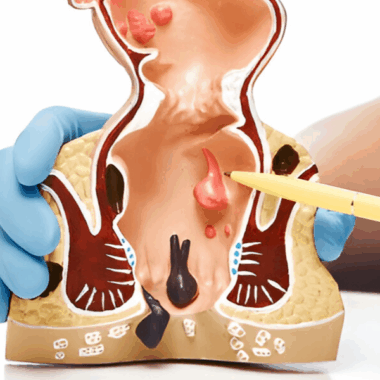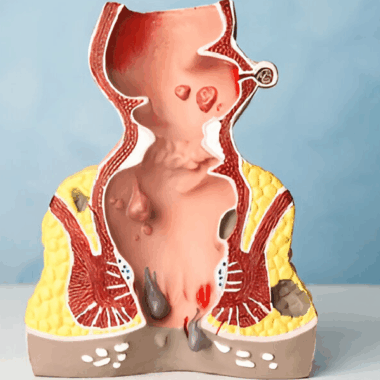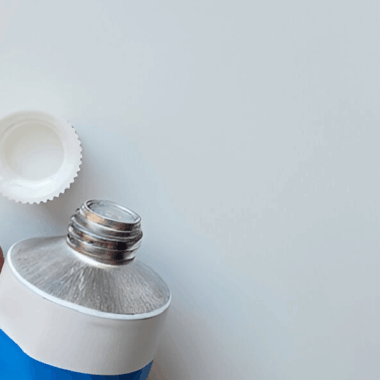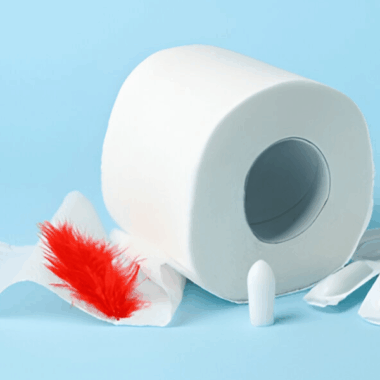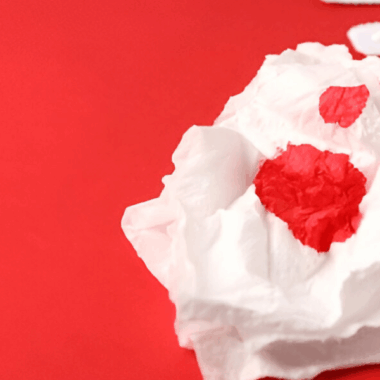Prolapsed hemorrhoids occur when swollen blood vessels protrude from the anus. Prolapsed hemorrhoids can rupture, develop blood clots, or become trapped in anal muscles, leading to restricted blood flow (strangulation).
The forces can obstruct the blood supply to a prolapsed hemorrhoid. When prolapsed hemorrhoids do not improve or worsen, at-home remedies, medicine, and surgery may be needed.
You should apply a cold compress to the area several times daily for 10-15 minutes. Sit on a donut-shaped cushion to reduce pressure on the site. Avoid sitting or standing for long periods. As a result, inflammation can be diminished, and the area can be soothed.
This article will discuss some of the most effective treatments that you can use to relieve the symptoms caused by prolapsed hemorrhoids.
Prolapsed Hemorrhoid Treatment: 4 Non-Surgical Options
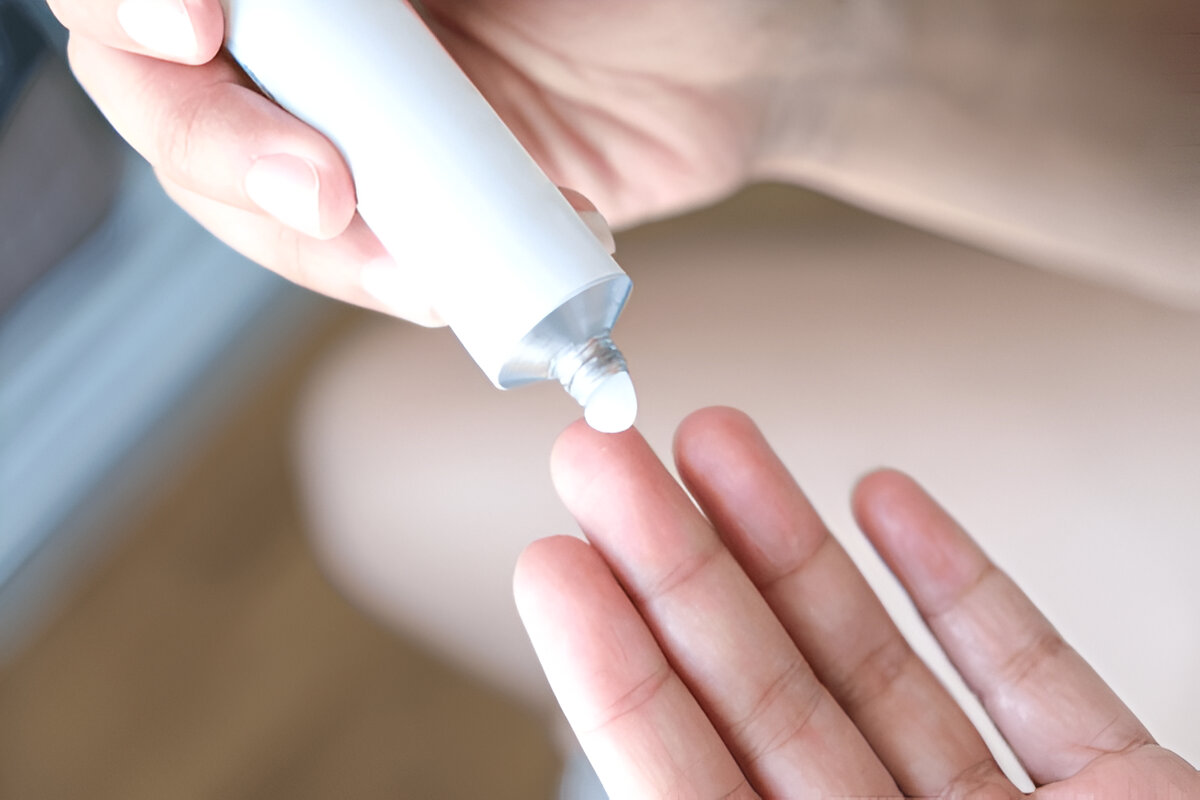
Prolapsed hemorrhoids can cause discomfort as they protrude from the anus. In severe cases, surgery is often required, but there are non-surgical treatment options to ease symptoms. Explore four alternative creams, ointments, rubber band ligation, and infrared coagulation.
Creams and Ointments
Creams and ointments are standard non-surgical treatments for hemorrhoids. These products contain topical anesthetics, anti-inflammatory agents, or vasoconstrictors, which can reduce the swelling and pain associated with the condition. They are available over the counter and can be applied directly to the affected area.
Rubber Band Ligation
Rubber band ligation is another non-surgical option that involves wrapping a rubber band around the hemorrhoid's base in order to stop its blood flow. Over time, the hemorrhoid shrinks and eventually falls off. This treatment is effective for small to medium-sized hemorrhoids and is less painful than surgery.
Infrared Coagulation to Cauterize Hemorrhoids
Infrared coagulation cauterizes the blood vessels of hemorrhoids with heat. In the end, the hemorrhoid shrinks and falls off. The process is painless and can be done in the doctor's office.
Sclerotherapy to Shrink Hemorrhoids
Chemical sclerosing is another nonsurgical option. The treatment is effective for small and medium-sized hemorrhoids.
Prolapsed Hemorrhoids: 4 Effective Home Remedies
Prolapsed hemorrhoids can cause severe discomfort and pain when they protrude from the anal opening. Fortunately, several effective home remedies can reduce prolapsed hemorrhoid symptoms.
Pain Relief with Sitz Baths
A sitz bath can effectively remedy prolapsed hemorrhoids. In a sitz bath, the affected area is soaked in warm water for 15-20 minutes. This method can reduce prolapsed hemorrhoids. Epsom salt or witch hazel can enhance the water's effects.
Get Fiber and Fluids
Increasing fiber intake and drinking fluids is essential as a home remedy for prolapsed hemorrhoids. Besides softening the stool, fiber promotes easy passage. It may prevent hemorrhoids from worsening or recurring.
Healthy sources of fiber include fruits, vegetables, whole grains, and legumes. Keep your stool soft by drinking fluids to avoid dehydration.
Avoid Straining During Bowel Movements
Another critical component of prolapsed hemorrhoid treatment is to prevent wasting. Straining can exacerbate already inflamed hemorrhoids. Relax and let the stool pass naturally. Fiber supplements or stool softeners can help if necessary.
Ice Packs on the Affected Area
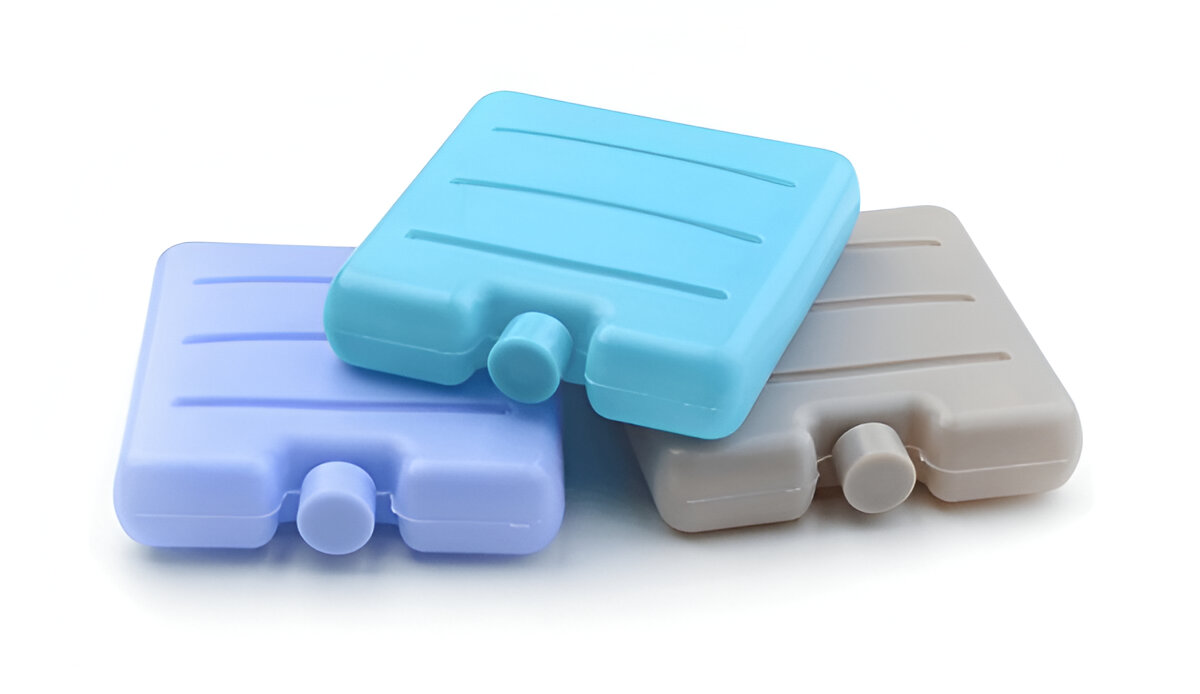
If ice packs are applied to the affected area, they can help reduce inflammation and pain. A clean cloth should be wrapped around the ice and applied to the anus for 10 minutes a few times daily.
Prolapsed Hemorrhoids: 3 Over-the-Counter Treatments
Prolapsed Hemorrhoids, or piles, are a prevalent medical condition. Hemorrhoids, or piles, are a general medical condition causing significant discomfort and embarrassment who suffer from it. While surgical interventions are available, many individuals opt for over-the-counter treatments to defend against prolapsed hemorrhoids.
Topical Analgesics and Lidocaine
One commonly used treatment approach is painkillers and topical treatments such as lidocaine and hydrocortisone. The medications work by numbing the affected area and reducing inflammation and itching.
While effective in providing temporary relief, their efficacy is limited in cases of more severe prolapse.
Aloe Vera and Witch Hazel as Antibiotics
Another popular over-the-counter treatment for prolapsed hemorrhoids is witch hazel and aloe vera gel. These natural remedies are known for their anti-inflammatory and astringent properties, which can help to soothe and tighten the affected tissue.
The effectiveness of these treatments will vary according to the severity of the prolapse and individual variations in response.
Constipation Softeners
Prolapsed hemorrhoids are also made worse by constipation, which is why stool softeners are recommended. Prolapse can be relieved and prevented by stool softeners, which promote regular bowel movements and reduce straining.
Prolapsed Hemorrhoids: 4 Prevention Tips
We can take many preventive measures to avoid developing this condition. We will cover the steps for preventing prolapsed hemorrhoids.
Healthy Hygiene Habits
Good hygiene habits are essential for preventing prolapsed hemorrhoids. The anal area should be kept clean and dry by using gentle cleansing wipes or a warm bath after bowel movements. Inflammation and skin irritation can be reduced by reducing bacteria buildup.
Avoid Prolonged Standing or Sitting
Long-term sitting or standing can decrease blood flow to the anal area, causing swelling and discomfort. Taking breaks and moving around frequently is crucial to relieve pressure from the anal site and promote healthy blood flow.
Exercise Improves Circulation and Bowel Function
Regular exercise is also an essential factor in preventing prolapsed hemorrhoids. Exercise helps to improve circulation and bowel function, which can help to reduce the risk of constipation and straining during bowel movements.
Exercises like walking, jogging, cycling, and swimming promote healthy bowel movements and can help prevent the onset of prolapsed hemorrhoids.
Diet and Weight Maintenance
Nurturing a balanced diet and optimizing weight is critical in preventing prolapsed hemorrhoids. Consuming a diet high in fiber and water content is essential to promote regular bowel movements, which can help prevent constipation and excessive straining during bowel movements.
Avoiding spicy and high-fat foods can also help to prevent inflammation and irritation of the anal area, which can cause discomfort and pain.
Conclusion
As discussed earlier, prolapsed hemorrhoids are a severe problem if left untreated. The good news is that there are many treatment options available. Treatment ranges from noninvasive approaches like lifestyle changes and over-the-counter remedies to more advanced procedures like rubber band ligation, sclerotherapy, and surgery.
A qualified healthcare provider can diagnose and treat your prolapsed hemorrhoids appropriately is essential. Proper treatment and lifestyle changes can reduce your symptoms and prevent the condition from worsening.
Here's some information on prolapsed hemorrhoids and treatment options. Remember, the best way to deal with your prolapsed hemorrhoids is to seek treatment as soon as possible. Take care of your health.
FAQs
Prolapsed hemorrhoids of Grades 3–4 are treated with stapling. Prolapsed hemorrhoids are stapled back into place inside your rectum, and the blood supply is cut off, which allows the tissue to shrink and resorb.
Prolapsed hemorrhoids rarely disappear without medical treatment. Mild piles may subside without intervention, but the severity of the condition usually determines the treatment. It is always advisable to seek the advice of a medical practitioner if prolapsed hemorrhoids persist, as they may cause discomfort and complications. Taking proactive steps to manage this condition is crucial to maintaining good physical health and overall well-being.
During the second or third stage of hemorrhoids, the hemorrhoids prolapse. When stage 2 hemorrhoids protrude from the anus during a bowel movement, they retract spontaneously after defecation. As stage 3 hemorrhoids do not relapse independently, they require manual removal to remove them. Stage 4 hemorrhoids may also prolapse sometimes and cannot be reinserted manually.
It is usually necessary to push in prolapsed hemorrhoids to avoid strangulation and thrombosis, a type of blood clot that prevents average blood circulation. Manual reduction is advised for stage 3 and stage 4 hemorrhoids, but it is essential to do it gently and avoid further damage. If the hemorrhoids cannot be reinserted or cause unbearable pain, it is crucial to seek medical attention immediately.
When treating prolapsed hemorrhoids during pregnancy, extra precautions need to be taken. In pregnancy, prolapsed hemorrhoids are common due to increased pressure in the rectal area. Hemorrhoids are treated primarily to reduce pain, swelling, and itching. A conservative approach usually involves increasing fiber in the diet, drinking plenty of water, and avoiding sitting for long periods. Topical creams and ointments are also available to relieve discomfort. You should always consult your healthcare provider before taking medication during pregnancy.
You can do some simple treatments at home to ease the pain of thrombosed hemorrhoids. You can control your symptoms by taking warm baths, applying ointments and suppositories, or using witch hazel compresses. Many times, thrombosed hemorrhoids will go away within a few weeks. Talk to your healthcare provider if you have bleeding or painful hemorrhoids.
An internal hemorrhoid protruding from the anus is called a prolapsed hemorrhoid. Most times, prolapsed hemorrhoids can heal on their own without treatment. The condition may take a few weeks or even months to resolve.
Prolapsed hemorrhoids occur when internal hemorrhoids protrude outside the anus. Without treatment, they can become more painful and cause more complications. When bleeding persists, severe pain occurs, or the hemorrhoid does not return to its original position, it seeks medical attention. There are minimally invasive procedures like rubber band ligation or sclerotherapy. In severe cases, surgery may be necessary. If you have any concerns, talk to your healthcare provider about all treatment options.

